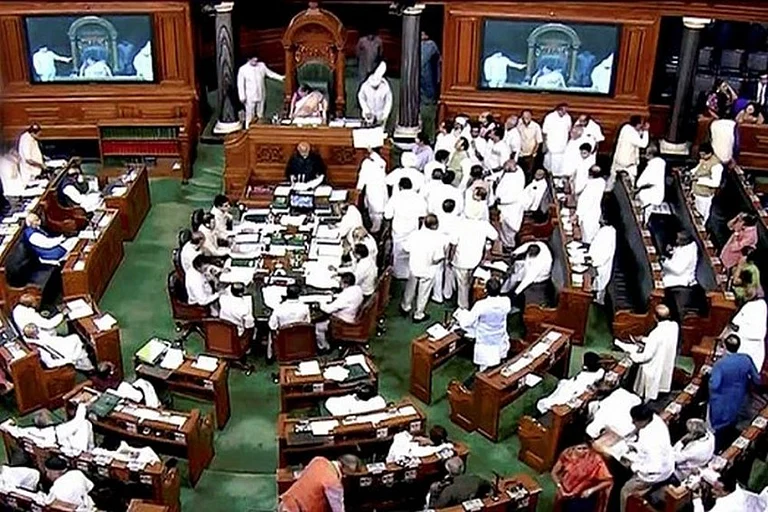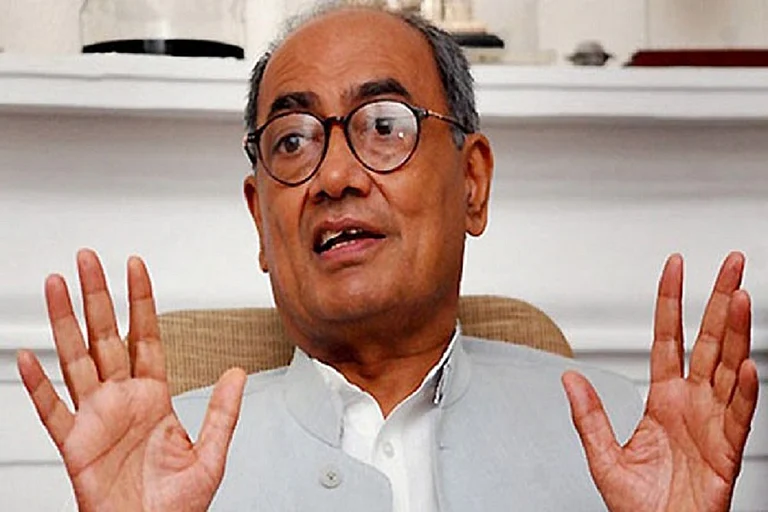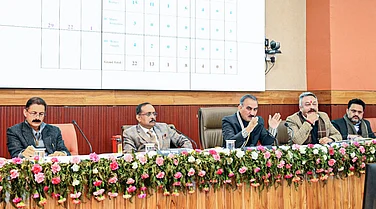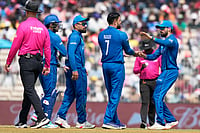Congress president Mallikarjun Kharge dismissed the BJP's '400 paar' claim as "bakwas", or nonsense and said the party will not cross 200 seats in the Lok Sabha polls.
Addressing the media in Amritsar, Kharge said the BJP's seats were declining as compared to the last elections while the Congress and the INDIA bloc were making gains. The BJP-led National Democratic Alliance has been claiming that it will get over 400 seats in the Lok Sabha elections.
Replying to a question on it, Kharge asked the basis of such claims by the BJP. "When your (seats) are declining and ours are increasing. Forget '400 paar', it is 'bakwas'. They cannot even form the government and will not go beyond 200 seats," said Kharge.
Kharge said the Bharatiya Janata Party (BJP) was "non-existent" in Tamil Nadu, Kerala and Telangana and "not strong" in Karnataka. "You are weak in Maharashtra, while in West Bengal and Odisha, there is a fight. How are you getting 400 seats?" he asked.
There were 30 lakh vacancies in the central government, all of which will be filled up if the INDIA bloc forms the government, he said. Speaking on the drug addiction problem among youth, Kharge said several steps will be taken to stop it.
On BJP's charge that the Congress manifesto bears the imprint of the Muslim League, Kharge said, "Modi does not look at our manifesto or read it. I said this earlier if he finds the imprint of the Muslim League in this. We will send one person from the Congress office to help him explain it for him." He said the party manifesto is for the youth, farmers, labourers and the weaker sections.








.png?auto=format%2Ccompress&fit=max&format=webp&w=768&dpr=1.0)

















